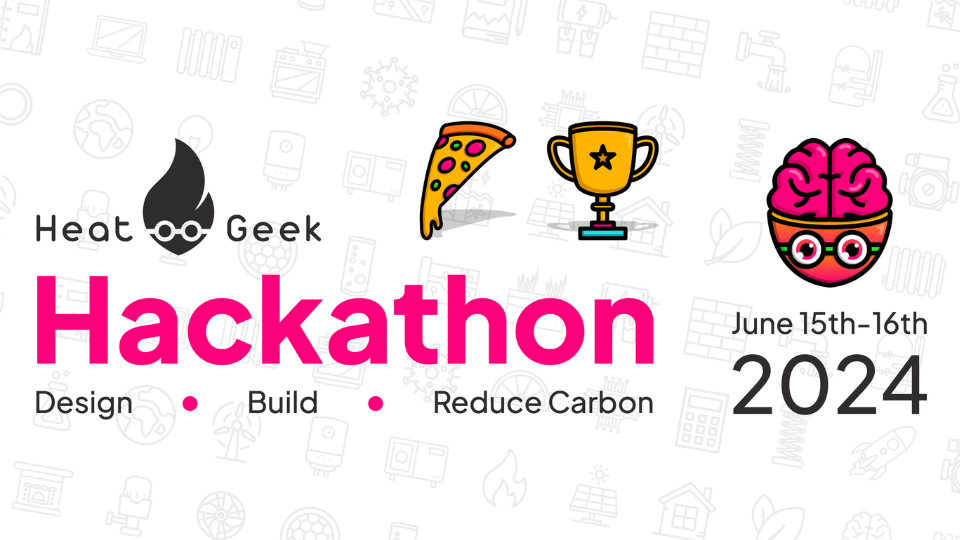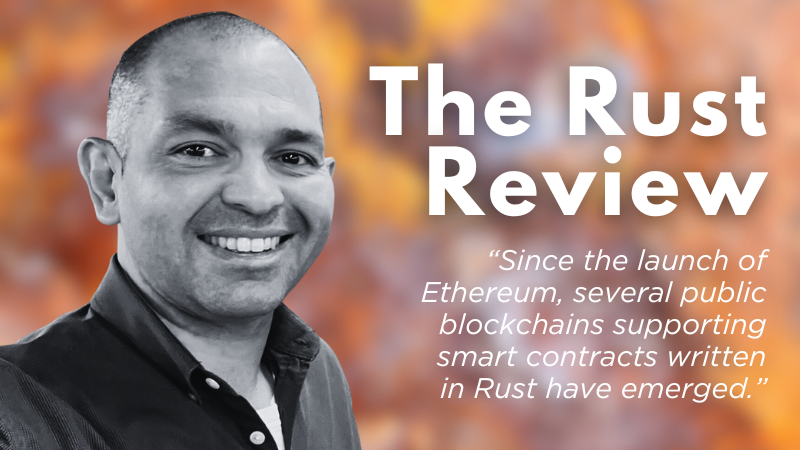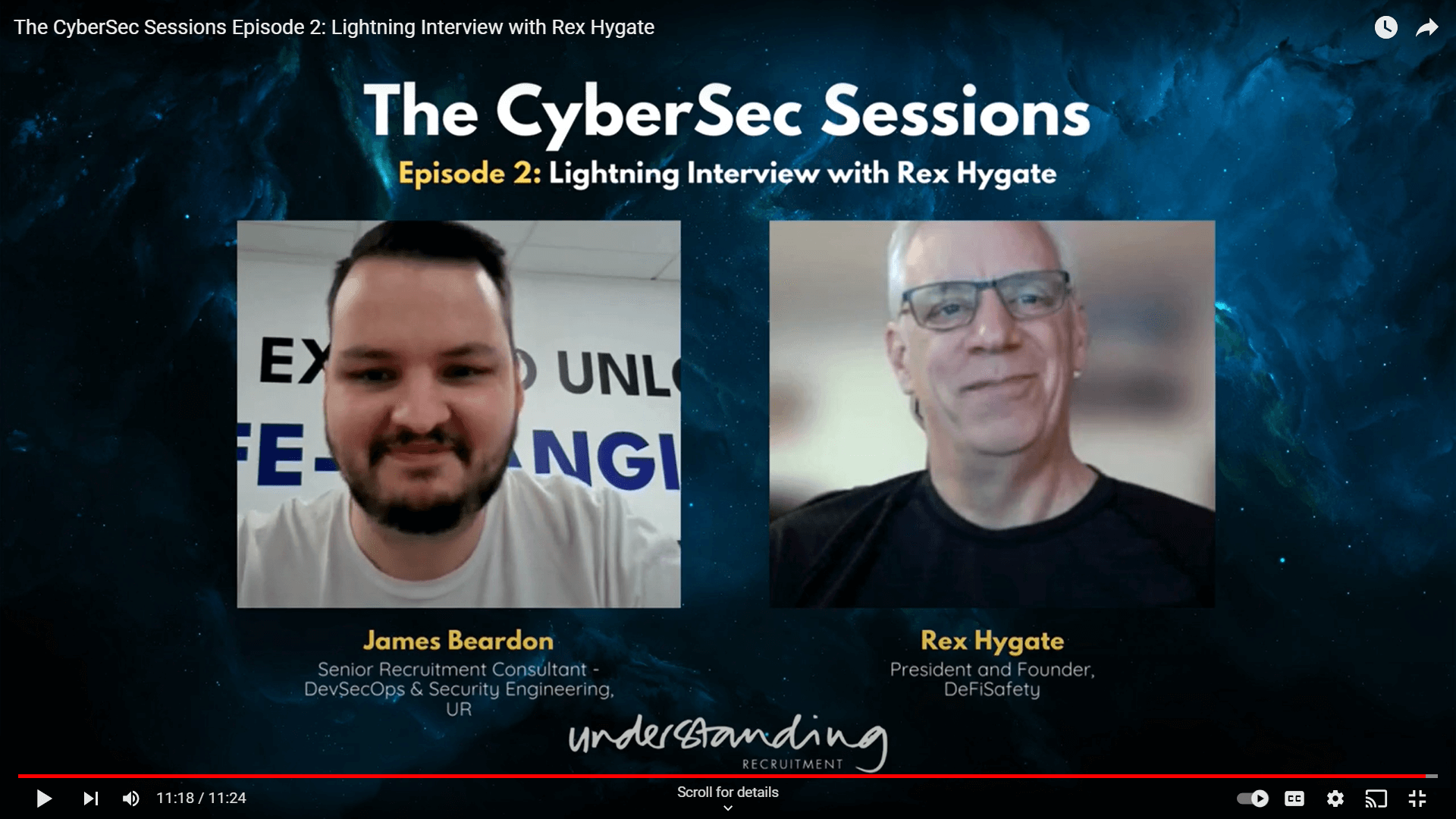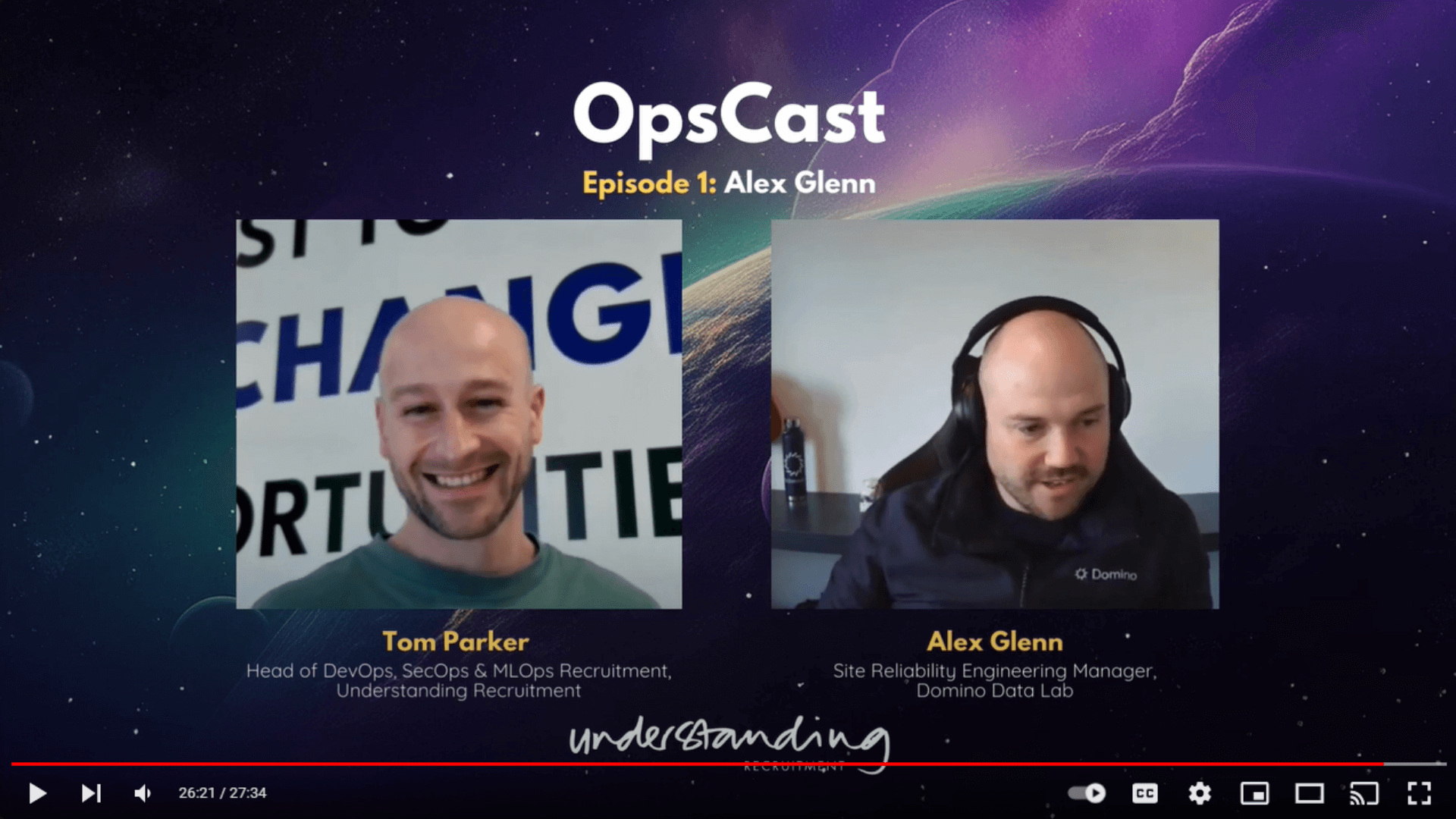
The Rust Review: Rust in Smart Contracts with Antonio Costa
4th January, 2024 5 min
Welcome to the next edition of our Rust Review series, a deep dive into the world of Rust programming guided by industry experts. In this edition, we're excited to introduce new guest bloggers making waves in the Rust community. Join us as we explore their insights, experiences, and the stories behind their code. This is the second chapter of our series, offering a genuine look into the practical side of Rust development.
Meet Antonio Costa, a seasoned Smart Contract Engineer specialising in the Rust language. Antonio embarked on his Rustacean journey back in 2016, addressing complex challenges in Systems programming, Software Security, and Web3. With over 16 years of diverse global experience spanning Argentina, the European Union, and the United States of America, Antonio brings a wealth of insights to the table. Beyond his expertise in Rust, he possesses a broad knowledge base in accounting, economics, finance, and Brazilian regulation. Join us as we delve into Antonio's multifaceted background and explore the intersections of his extensive expertise in the realms of blockchain, programming, and regulatory frameworks. Discover more about Rust in Smart Contracts on his insightful blog.
The Impact of Resource Usage in Smart Contracts
Smart contracts play a crucial role in the blockchain ecosystem as self-executing contracts where terms agreed upon by buyers and sellers are written directly in code. When the predefined conditions of these contracts are met, they automatically enforce the agreed-upon rules and execute the contract, eliminating the need for intermediaries. This offers various advantages, including transparency, security, and efficiency, while reducing costs and the risk of fraud. Smart contracts are particularly popular in applications such as decentralized finance (DeFi) and supply chain management, among others.
Since the launch of Ethereum, several public blockchains supporting smart contracts written in the Rust programming language have emerged.
Among those in the market, we can highlight the following virtual machines for executing smart contracts written in Rust:
- Ecosystems utilizing the CosmWasm framework (WebAssembly).
- The Solana ecosystem using a modified BPF (Berkeley Packet Filter) virtual machine.
- The Nervos ecosystem using an ISA Risc-V virtual machine.
- The Polkadot ecosystem with a WebAssembly virtual machine (Wasmi and Wasmtime) and, more recently, launching an experimental version of the ISA Risc-V virtual machine.
- The Internet Computer (Dfinity) ecosystem, which employs the Wasmtime runtime from the ByteCode Alliance.
Currently, various ecosystems for smart contracts exist on public blockchains. In such blockchains, the utilization of computational resources like CPU, memory, and storage must be priced to offer incentives in the form of financial rewards to participating nodes in the network. This facilitates the execution of smart contracts and the processing of transactions.
In the Internet Computer Protocol (ICP) ecosystem of Dfinity, the concept of “cycles” is crucial for measuring the resources needed for the execution of smart contracts and transactions on the blockchain. “Cycles” play a role similar to “gas” on the Ethereum network, enabling the network to operate efficiently and securely. Let’s explore how “cycles” work in the context of ICP:
Smart Contract Execution: When a smart contract is installed or updated on the network, it is instrumented so that the instructions are converted into messages, which, in turn, serve as the basis for executing the contract deterministically. This allows for the exact quantification of cycles to be charged for a specific message. This approach is crucial for the node network, ensuring that the cycle charging is entirely deterministic.
Resource Usage: The memory the smart contract uses, whether it is instructions or internal state, needs to be paid for with cycles. Therefore, storage consumption is charged per time unit, much like in a public cloud service. Compared to other blockchains, the ICP approach is inexpensive for storing data on the blockchain. Additionally, networking activities, such as receiving ingress messages, sending XNet messages, and making HTTPS Outcalls to Web 2.0 servers, are paid for in cycles by the smart contract.
Reverse Gas Model: One of the most fundamental differences in the computational resource costing of a smart contract on ICP is that, whereas Ethereum uses the “user pays” model, the Internet Computer uses the “smart contract pays” model (sometimes called “reverse gas”). While the Ethereum blockchain requires end-users to send payments for the gas consumed by smart contracts in each transaction, in the Internet Computer, canister smart contracts are pre-loaded with cycles so that contracts effectively pay for their computation, relieving users of this responsibility.
Although the example given is specific to the Internet Computer, the principles of resource measurement are similar in other smart contract environments. Understanding the resource usage system of a specific network is crucial for effectively interacting with both smart contracts and transactions.
Why Rust Language for Smart Contracts
Smart contracts often have limited computational resources, and the execution cost depends on the resources consumed. Therefore, Rust stands out as an exceptional choice for smart contract development due to the notable features of Rust, such as:
- Generic Programming: This Rust language paradigm is particularly useful when designing complex smart contracts, allowing the creation of reusable code components. When implemented using Trait Objects, it expands the possibilities of resource management.
- Zero-Cost Abstractions: This means that developers can generate expressive high-level code without compromising performance, which is essential to reduce the financial cost of executing smart contracts.
- Compile-Time Checks: This is one of the significant advantages in agile smart contract development, making it possible to define strict rules verified at compile time. This ensures that the program is only compiled if all these rules are followed, capturing many potential errors before code execution and thus enhancing the security and reliability of smart contracts.
- Constant Evaluations: In Rust, it is possible to execute parts of the code at compile time, storing the results in constants. This feature is particularly useful for defining initial settings and establishing the foundation for smart contract logic.
These features make Rust a strong candidate for the efficient generation of smart contracts, especially those using a large codebase. By leveraging Rust’s capabilities, developers can create more secure, reliable, and resource-efficient smart contracts, enabling the execution of smart contracts with considerably lower financial costs.
Where to Start
Each network has its own set of technical concepts and tokenomics that influence how smart contracts are coded and executed. Therefore, it’s worth starting with the ecosystem’s value proposition, as well as its user base, and then considering the technical documentation and coding of smart contracts in Rust, as well as how they are executed on the network.
Rust in smart contracts represents a powerful combination of a secure and efficient language with the potential of blockchain technology. If you are a developer looking to create smart contracts in Rust, it’s worth paying attention to the following key concepts when coding smart contracts:
- Blockchain Technology: Understand the fundamentals and decentralized nature of the blockchain.
- Smart Contract Design: Define purposes, functions, and structures of smart contracts.
- Computational Cost: Knowledge of resource consumption in smart contracts.
- Wallets: Create, manage, and interact with token wallets.
- Public and Private Keys: Keys for transaction authorization and security.
- Interactions and Transactions: Execute functions and manage data with smart contracts.
- Digital Signatures: Authenticate transactions and participant identities.
- Smart Contract Deployment: Deploy and update contracts on the blockchain.
- Updates and Governance: Mechanisms for contract updates and decision-making on the blockchain.
- Testing and Debugging: Ensure that contracts are bug-free and function as intended.
- Oracles: Integrate real-world data securely into smart contracts.
- Privacy and Confidentiality: Use techniques like zero-knowledge proofs to ensure privacy.
- Token Standards: Understand token standards such as ERC-20, ERC-721, and ERC-1155.
- Decentralized Applications (DApps): Build and interact with applications using smart contracts.
- Security Best Practices: Write secure code and conduct audits for vulnerabilities.
- Regulatory Considerations: Deal with legal and regulatory aspects.
Professional Profile of a Smart Contract Developer
Developing smart contracts requires a combination of technical skills and knowledge in related areas. The ideal profile of a professional to develop smart contracts may vary depending on the context and specific project needs, but generally includes the following:
- Expertise in Rust: Although it’s good to be an expert in the Rust language, there is no need to have mastery of low-level operating system programming knowledge, such as low-level operating system operation and asynchronous programming. The most important thing is to master Rust’s way of thinking, best practices for Smart Contracts, and Rust design patterns. This will enable the developer to create more efficient code for the virtual machine that executes smart contracts, while making a well organized codebase with business oriented high-level abstractions.
- Blockchain Knowledge: A good understanding of blockchain technology, its characteristics, and how it operates is essential. This includes understanding concepts such as consensus, cryptography, transactions, wallets, and network nodes.
- Experience in Smart Contract Development: Previous experience in smart contract development is highly valued. This allows the professional to understand the complexities and specific challenges associated with this technology.
- Knowledge in Economics and Finance: Smart contracts are often used in financial and economic applications. Therefore, a solid understanding of economic principles, finance, and monetary theory can be beneficial for projects in this domain.
- Accounting Knowledge: For smart contracts involving financial transactions, fundamentals in accounting are important to ensure compliance with accounting standards and the accuracy of financial operations recorded in contracts.
- Knowledge in Legislation and Regulation: Compliance with legislation and regulation is crucial in many smart contract use cases. Therefore, an understanding of relevant laws and regulations is important to ensure that contracts comply.
In summary, smart contract development generally requires a balance between technical skills, blockchain knowledge, and an understanding of the specific applications in which contracts will be used. Depending on the project and needs, a developer may work in a team with other specialists in areas such as economics, accounting, and legislation to ensure that contracts meet the specific requirements of the use case.


